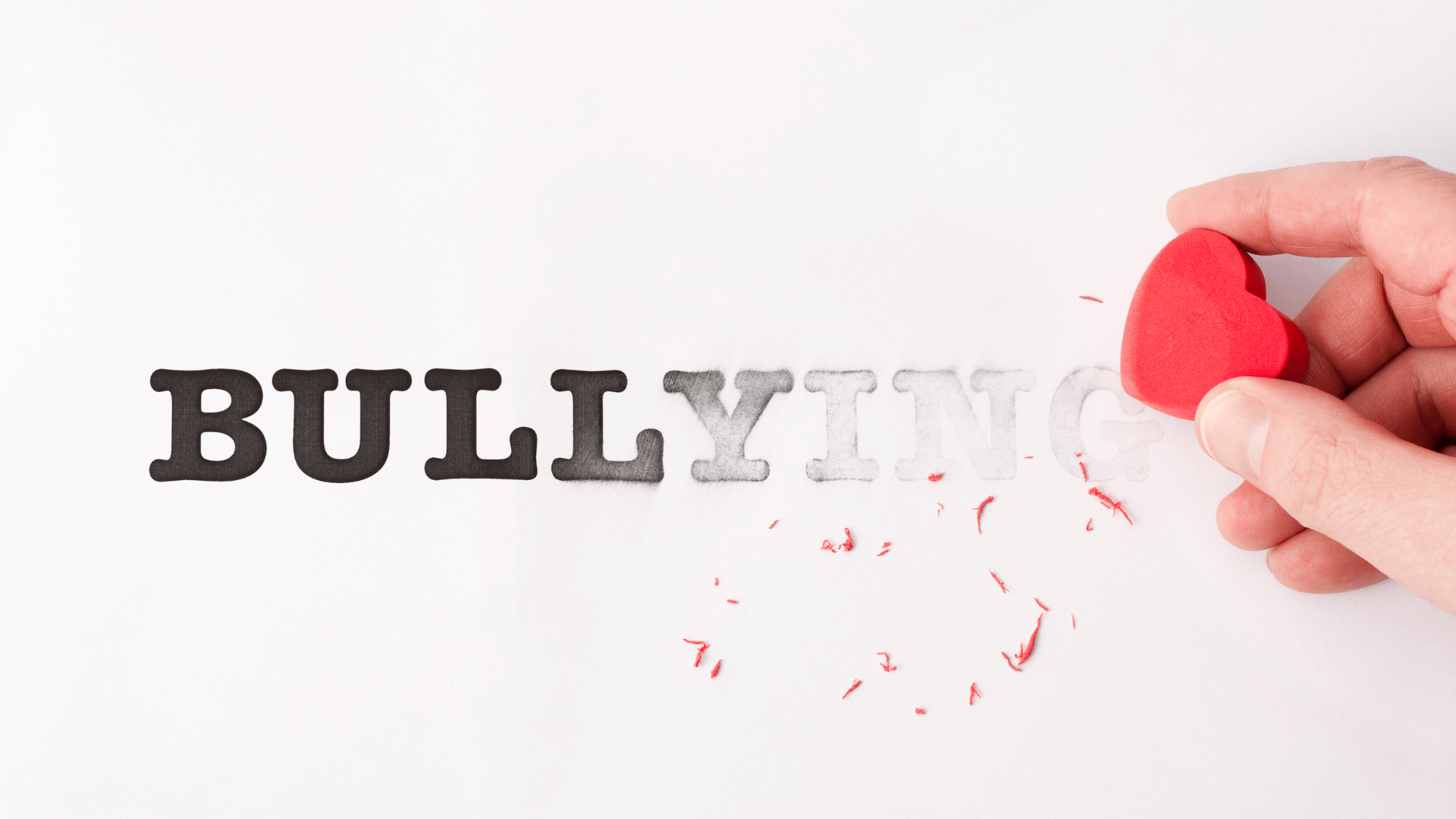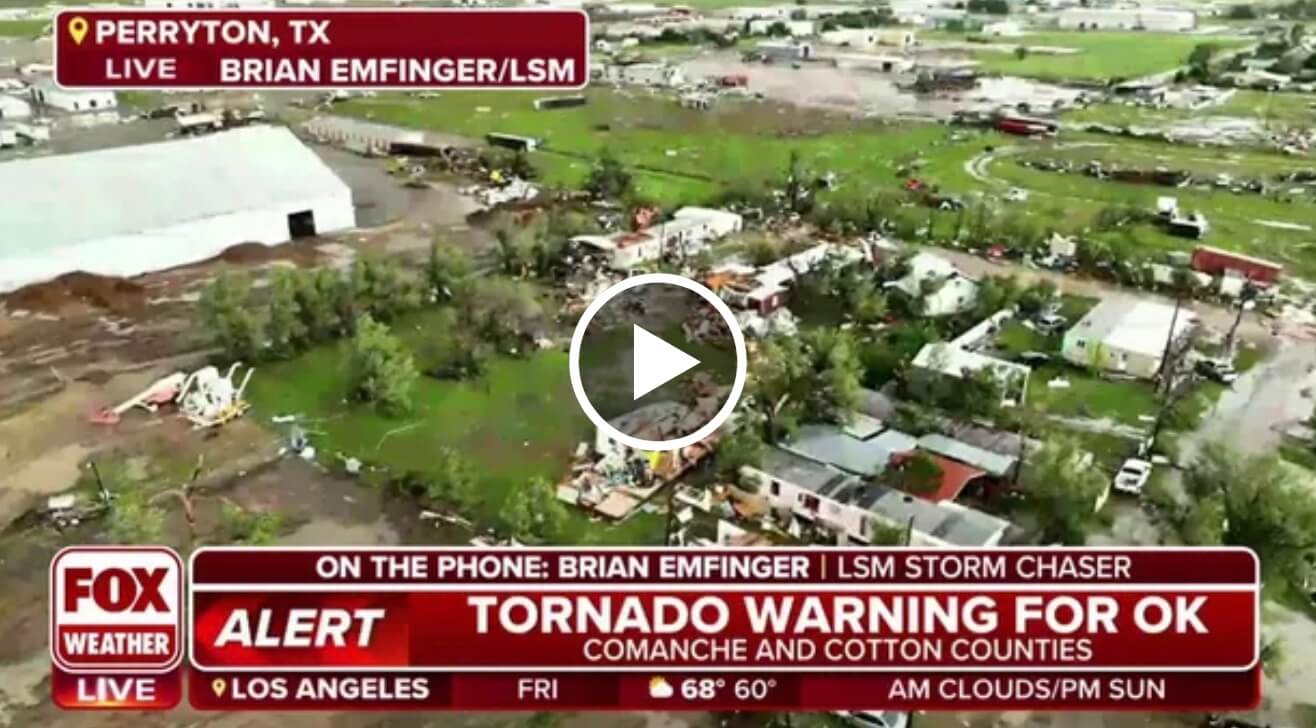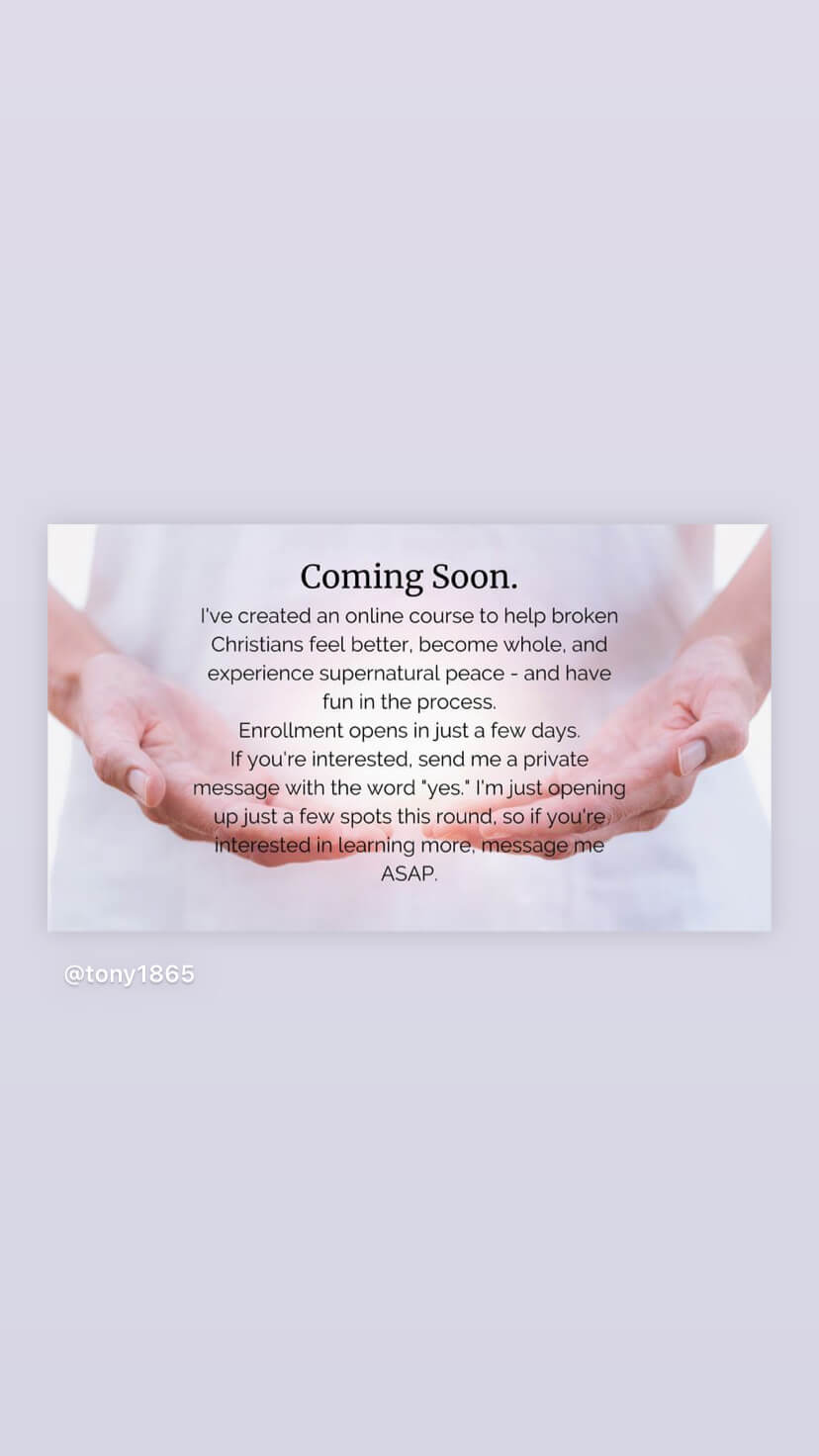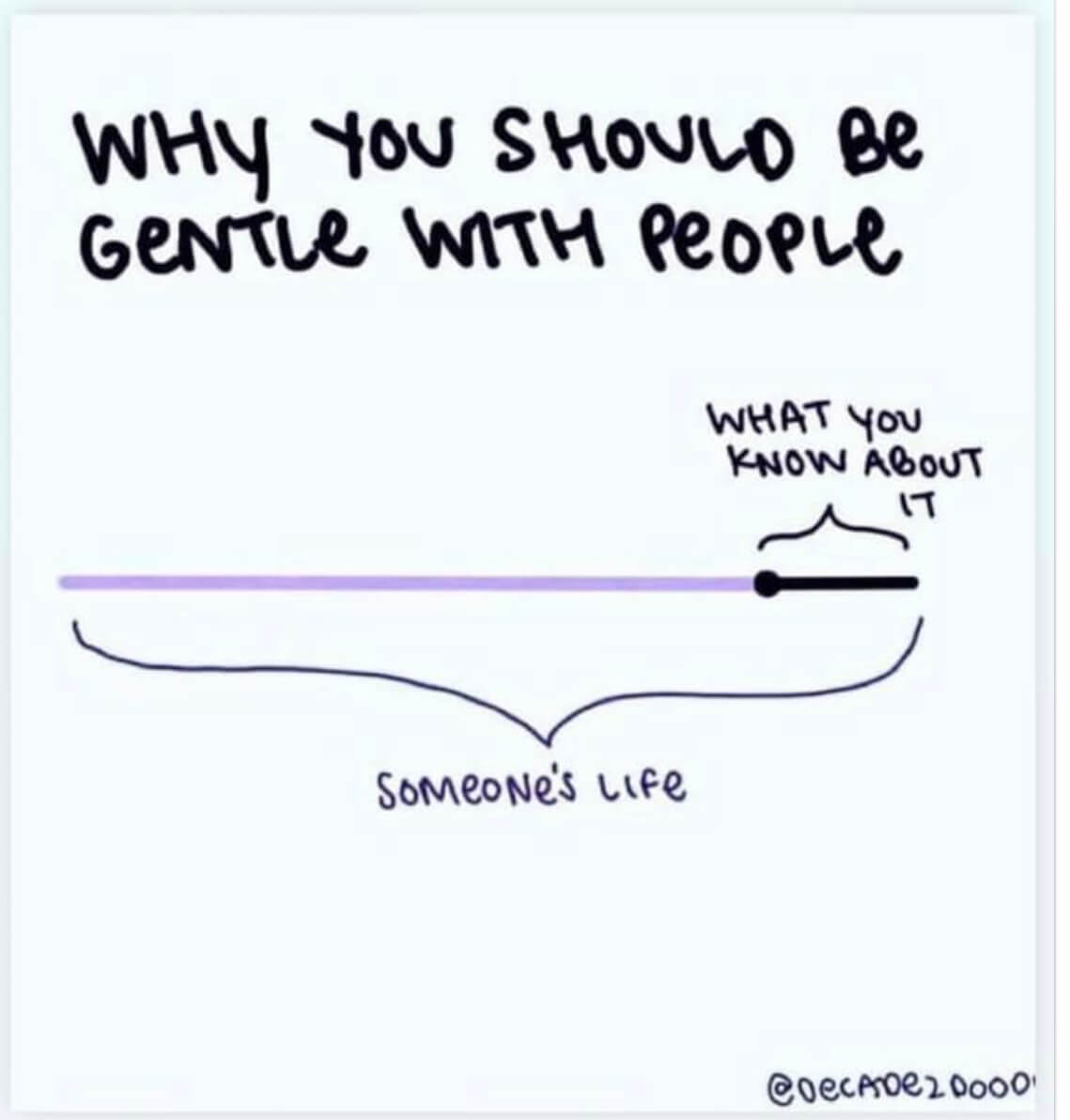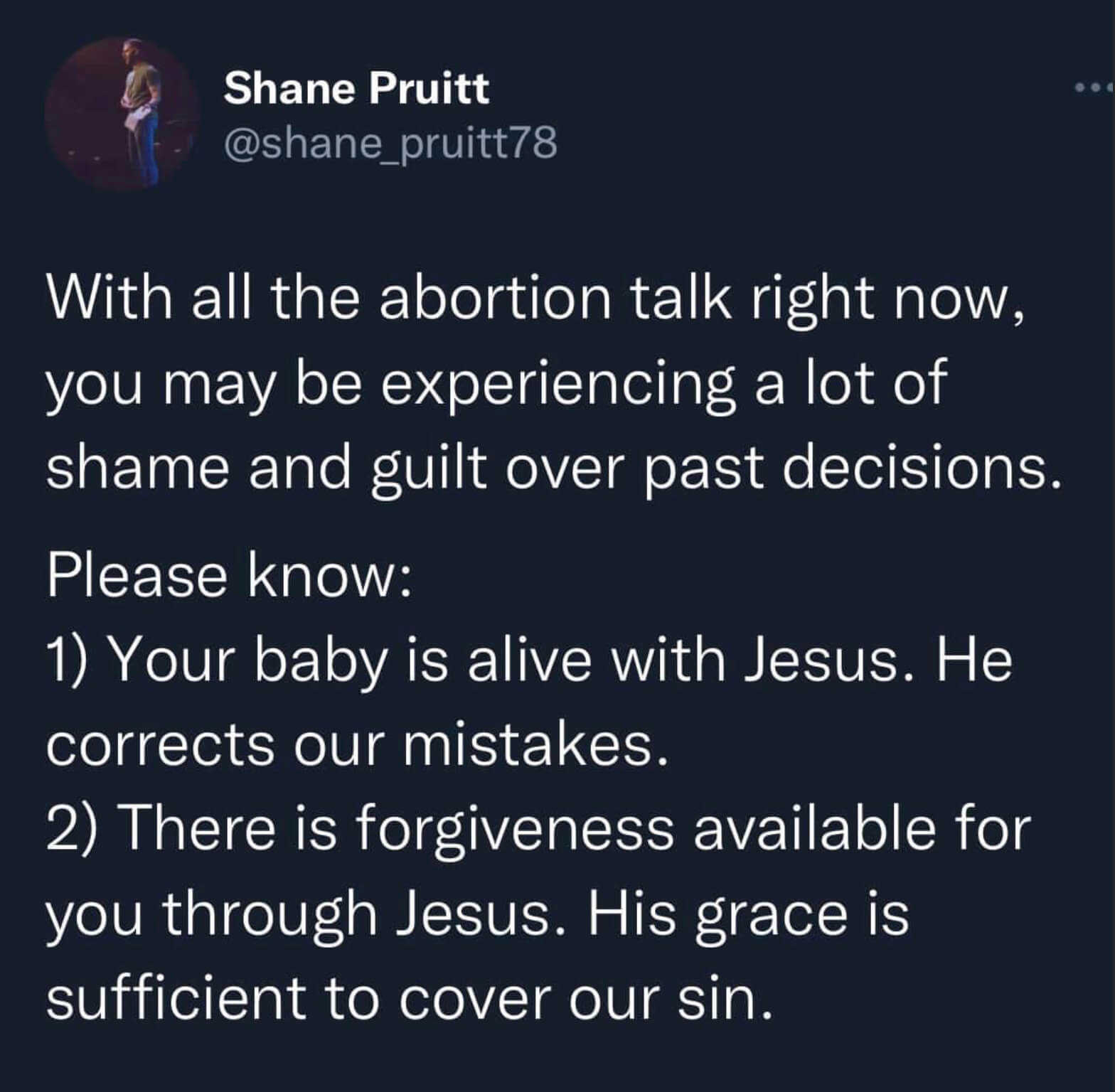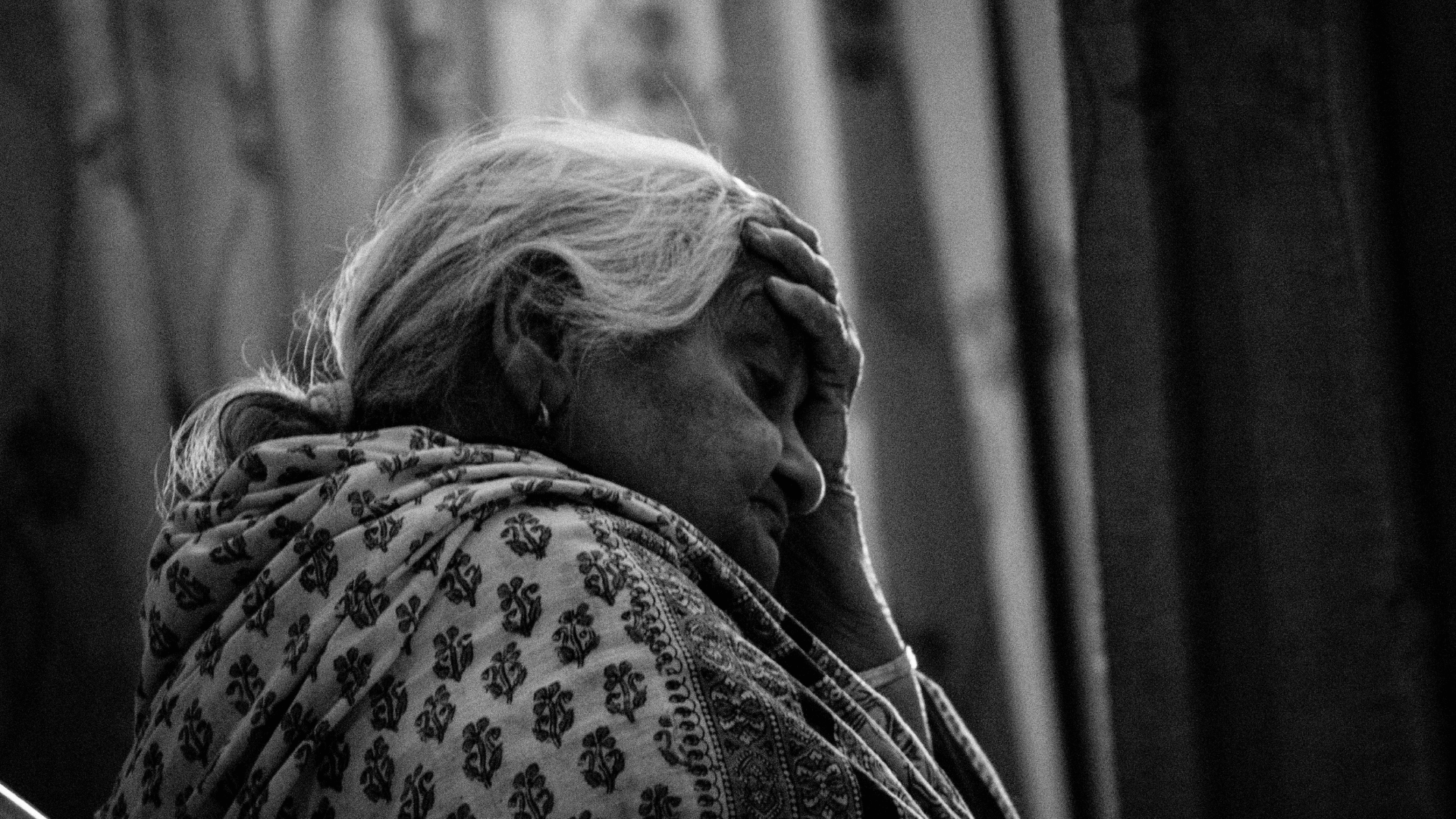Deep dive into shallow prayers.
Teresa and I took a road trip to Greenville, Texas, this past week. We stayed with some friends whose home was almost dead center in the path of the solar eclipse – over four minutes of totality.
Before you roll your eyes and heap scorn on me (I’m impervious, so save your breath), understand that this was a bucket list event for me. I’ve seen plenty of partial eclipses, and my takeaway was “wow, that’s cool,” and I’d get on with my day. But after hearing my son attempt to explain what a total eclipse was like, I resolved that I simply had to witness this, because, as they say, pictures don’t do it justice. What I realized was that people who viewed the event as “no big deal” had obviously never experienced a total eclipse. There is a world of difference between totality and even 95%. It’s indescribable.
The day started out overcast. I was bummed. I did sort of make peace with the situation – I’d be content with whatever I could experience. I knew it would get dark even if I couldn’t see the sun.
I decided to pray for clear skies. That felt trivial. More on that in a minute.
The skies did clear. There were some clouds scudding over the sun, but it was more than clear enough.
Words can be so feeble and futile. This was one of those times.
The lighting change prior to the eclipse. Everything took on a sepia tone. Shadows cast by leaves on trees looked odd and sort of distorted. I noticed that the temperature was dropping.
When the sun was totally obscured, birds stopped chirping. There was an ethereal quiet, except for the neighbors spontaneously shouting in awe. Teresa said I hollered. I don’t remember doing that. What I do remember was seeing Bailey’s beads, that chain of light along the rim of the sun, but most awe-inspiring was the diamond ring effect. It was like the blaze of a thousand suns right on the edge of darkness. For a moment, the whole world was alight.
This was very emotional and spiritual for me. I was struck with the wonder of primal creation and thought of my God who orders the universe like clockwork and orchestrates a cosmic dance like this.
Afterwards, I got to thinking: “Was my prayer for good weather trivial? After all, we would’ve had clear skies even if I hadn’t prayed, right?”

Photo credit: Storyteller Photography: Images by Rebecca
Let’s dive deep into what might seem like the shallow end of our spiritual pool: “shallow prayers.” The term itself might evoke a bit of self-consciousness or even guilt. After all, is there such a thing as a shallow prayer, or are all our prayers valuable to God?
Let’s unpack this, shall we?
At first glance, shallow prayers might seem like those quick, on-the-go requests we shoot up to God – “Please let there be no traffic,” “I hope it doesn’t rain during my vacation,” or “Let this cup of coffee work its magic today.” They’re the kind of prayers that, in the grand scheme of things, don’t seem to carry the weight or gravity of prayers for health, guidance, or provision.
But here’s a thought – doesn’t the very act of praying, no matter the subject, signify a connection with God? It’s like texting a friend about the little things in your day, not just the life-changing events. It keeps the relationship dynamic and alive. Could it be that there’s no prayer too small, too trivial, or too “shallow” for God?
The biblical perspective is pretty clear that God invites us to cast all our cares on Him because He cares for us (1 Peter 5:7). Notice it doesn’t say to cast only the big, life-altering cares; it says all our cares. That inclusivity is comforting, implying that God is interested in the details of our lives, even those that might seem insignificant.
But here’s where it gets interesting. What about when our prayers, shallow or deep, aren’t answered in the way we expect? Maybe you prayed earnestly for that promotion, and it went to someone else. Or perhaps you prayed against all odds for that rain to hold off during your outdoor event, but it poured anyway. It’s moments like these where we might wonder if our prayers are indeed valuable or if they’re just getting lost in the ether.
It’s crucial to remember that God’s responsiveness to our prayers isn’t always about granting wishes like a celestial genie. Sometimes, it’s about the relationship that’s built and strengthened through our reliance on Him. Our “unanswered” prayers, whether about life’s big battles or the small hiccups, give us a chance to trust in God’s bigger plan, to find peace in uncertainty, and to seek joy in unexpected places. They teach us resilience, patience, and sometimes, even lead us to the answers we didn’t know we were looking for.
So, should we pray about everything, even the minor things? Absolutely. Philippians 4:6 nudges us to not be anxious about anything but in every situation, by prayer and petition, with thanksgiving, present our requests to God. It’s a gentle reminder that nothing is too small or too large to bring before God. Our seemingly shallow prayers might just be the thing that keeps our line of communication with Him open and our hearts aligned with His.
And here’s a comforting thought: God cares, deeply and profoundly, about you. Whether your prayers are about the mountains or the molehills in your life, each one is precious to Him because you are precious to Him. The depth of your prayers doesn’t define the depth of His love for you. In fact, it’s in those moments when our prayers aren’t answered as we hoped that we might just find the most profound evidence of God’s love, guiding us toward what we need rather than what we want.
There’s no such thing as a shallow prayer. Every whisper, every thought, every sigh lifted to God is valuable. It’s the heart behind the prayer that matters – a heart seeking connection, guidance, and presence. So yes, pray about everything. The big, the small, and everything in between. Because in the tapestry of our lives, every thread counts, and God is in the details, weaving together something more beautiful than we could ever imagine on our own.
Keep the faith, keep praying, and remember – no prayer is too small for a God so great.
Cheers to strengthening our spiritual connection, one “shallow” prayer at a time.

